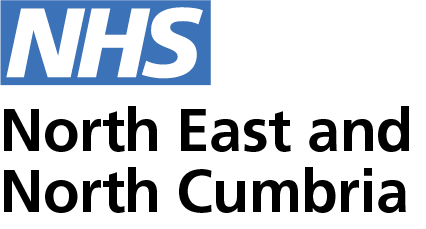Keep emergency care for life-threatening conditions only during strike, says NHS
Health leaders are calling on patients to use 999 or A&E for life-threatening conditions only as the region's NHS gears up for more industrial action by junior doctors.
Junior doctors in the British Medical Association will be taking strike action across the country for five days, between 7am on Thursday 27 June and 7am on Tuesday 2 July.
Dr Neil O’Brien, chief medical officer at North East and North Cumbria Integrated Care Board (ICB), said: "The strike action will inevitably cause some disruption, but we have detailed plans in place to make sure services run safely, and we're asking everyone in the region to do their bit.
"Urgent and emergency services will still be open for people who really need them, and if you're seriously unwell it’s important that you get help. For anything else, please contact NHS 111, your GP practice, an urgent treatment centre or a community pharmacy. All these services will be open as usual during the industrial action."
Junior doctors make up around half of the doctors in the NHS. They are qualified doctors who have up to eight years' experience as a hospital doctor, or up to three years in general practice.
Dr Sean Fenwick, deputy chief executive at South Tyneside and Sunderland NHS Foundation Trust, is co-chair of the region’s Urgent and Emergency Care Board.
He said: "Once again, we will prioritise emergency and urgent care, and we ask people to only attend emergency departments if they have a life-threatening injury or illness. Patients who attend with minor problems should expect a long wait and may be asked to use a different service.
"Some appointments will need to be rescheduled, but you should attend as planned unless you hear otherwise. There's no need to check, as your hospital will contact you if your care needs to be postponed."
Ken Bremner MBE is chair of the region’s Provider Collaborative and chief executive of South Tyneside and Sunderland NHS Foundation Trust. He said: "All our hospital trusts are working hard to ensure we have appropriate staffing in place during the strike. Our thanks go to all our teams who we know will be working incredibly hard to ensure patients get the care they need.
“The public can really help by using NHS services carefully. Emergency departments should only ever be for serious or life-threatening problems. For everything else, there are lots of other NHS services you can use.”
These services include NHS 111 online, which includes a symptom checker and will re-direct you to a health professional if you need medical attention. You can also phone 111. Self-care advice is available online from the NHS at www.nhs.uk. Details of local pharmacy services are available at www.nhs.uk.
Anyone needing urgent mental health support can get help by calling 111 and choosing option 2.
Families can also download the Healthier Together app for advice on common childhood illnesses and when to get medical help. Healthier Together is available from the App Store and Google Play.

